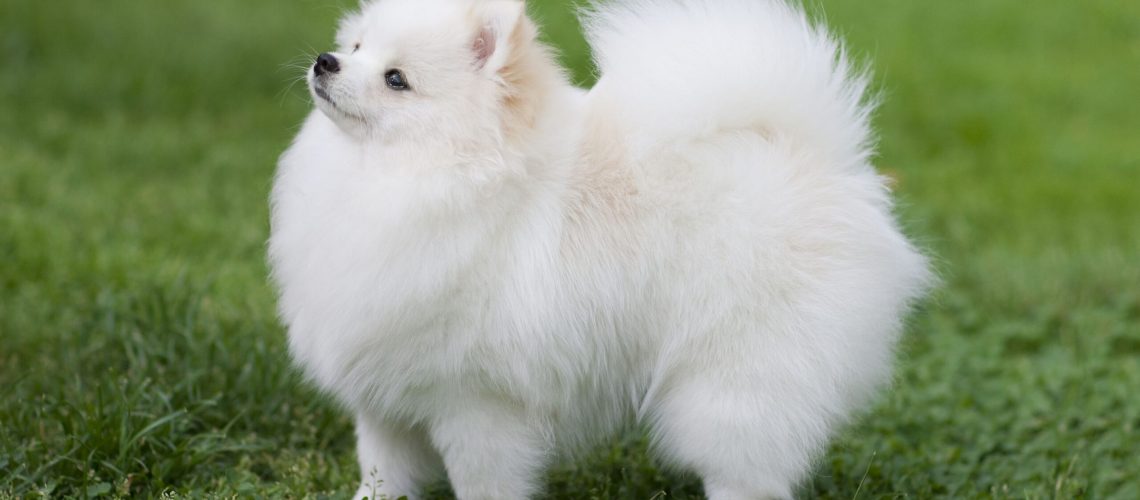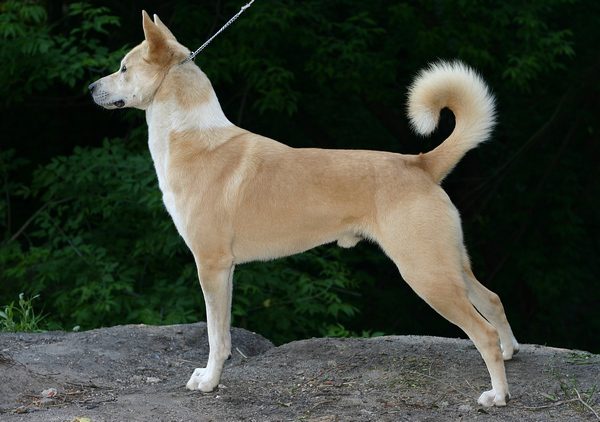Key Takeaways:
- Pomeranians are small, fluffy dogs known for their vibrant personalities and friendly nature.
- They require regular grooming to maintain their thick double coat and prevent matting.
- Poms are intelligent and eager to please, making them relatively easy to train.
- Due to their small size, Pomeranians are prone to dental issues and should have regular dental care.
- These dogs have a high energy level and need daily exercise through walks or playtime to prevent behavior problems.
Are you ready to embark on a journey into the world of Pomeranians, those adorable little balls of fur that have captured the hearts of so many? Well, get ready to be amazed because this is not just any ordinary dog breed. Exploring the characteristics and care of Pomeranians will not only provide you with valuable knowledge but also open your eyes to a whole new level of companionship and joy. Whether you already own a Pom or are considering adding one to your family, understanding this topic is essential for creating a loving and fulfilling bond with these delightful creatures. So, let's dive in and discover everything there is to know about Pomeranian dog breed characteristics and care, from their playful personalities to their grooming needs and health considerations. Get ready to unleash the secrets of the Pomeranian world!
What is a Pomeranian and how is it different from other dog breeds?
A Pomeranian is a small breed of dog that belongs to the toy group. They are known for their fluffy double coat, fox-like face, and lively personality. Pomeranians are different from other dog breeds in several ways. Firstly, they are one of the smallest dog breeds, weighing only 3-7 pounds when fully grown. Despite their small size, they have a big personality and are often described as being bold and confident.
Another unique feature of Pomeranians is their thick coat. They have a double coat consisting of a soft undercoat and a longer outer coat that gives them a fluffy appearance. This coat requires regular grooming to keep it clean and tangle-free.
How big do Pomeranians grow and what do they look like?
Pomeranians are small dogs that typically reach a height of 6-7 inches at the shoulder when fully grown. In terms of weight, they usually range between 3-7 pounds. Despite their small size, Pomeranians have a sturdy build with a compact body.
When it comes to appearance, Pomeranians have distinct features that make them easily recognizable. They have a fox-like face with bright eyes and small ears that stand upright. Their coat can come in various colors including orange, black, white, cream, blue, sable, and more. The fur around their neck forms a ruff or mane-like appearance which adds to their adorable charm.
What are the typical personality traits of Pomeranians?
Pomeranians are known for their lively and outgoing personalities. They are often described as being friendly, curious, and intelligent. These little dogs love attention and enjoy being the center of their owner's world. They are also known to be quite vocal and will bark to alert their owners of any perceived threats or strangers.
Pomeranians are generally good-natured and get along well with their families. However, they can sometimes be a bit stubborn, so early training and socialization are important to ensure they grow up to be well-behaved dogs. Despite their small size, Pomeranians have a lot of energy and enjoy playing and going for walks.
Can Pomeranians get along with children and other pets?
Pomeranians can get along well with children if they are raised together from a young age. However, due to their small size, it is important to supervise interactions between Pomeranians and young children to prevent accidental injuries. Pomeranians may not tolerate rough handling or excessive pulling on their fur.
When it comes to other pets, Pomeranians can coexist peacefully with them if properly introduced and socialized. They may initially be cautious around larger dogs but can learn to get along over time. It is essential to provide proper supervision during initial introductions until everyone is comfortable with each other.
Important care requirements for owning a Pomeranian
Owning a Pomeranian requires some specific care requirements to ensure they stay healthy and happy:
Grooming:
- Regular brushing is necessary to keep their coat free from tangles and mats.
- Bathing should be done occasionally using dog-specific shampoo.
- Nail trimming should be done regularly to prevent overgrowth.
- Dental hygiene should not be overlooked, so regular teeth brushing is recommended.
Exercise:
Pomeranians may be small, but they still need daily exercise to keep them physically and mentally stimulated. This can include short walks, playtime in a secure area, or interactive games.
Diet:
A balanced and nutritious diet is essential for Pomeranians. Feed them high-quality dog food that is appropriate for their age and size. Avoid overfeeding as Pomeranians are prone to obesity.
Veterinary Care:
Regular visits to the veterinarian for vaccinations, check-ups, and preventive care are crucial to ensure the overall health of your Pomeranian.
Health issues in Pomeranians and how to prevent/manage them
Pomeranians are generally healthy dogs, but like all breeds, they can be prone to certain health issues. Some common health problems in Pomeranians include:
- Patellar Luxation: This is a condition where the kneecap dislocates from its normal position. Regular exercise and maintaining a healthy weight can help prevent this condition.
- Dental Issues: Pomeranians are susceptible to dental problems such as tooth decay and gum disease. Regular teeth brushing and dental check-ups are important for maintaining good oral hygiene.
- Collapsed Trachea: The windpipe of a Pomeranian can become weak or collapse, leading to breathing difficulties. Using a harness instead of a collar can help reduce strain on the trachea.
- Eye Problems: Some Pomeranians may develop eye conditions like cataracts or dry eye syndrome. Regular eye examinations by a veterinarian can help detect these issues early on.
To prevent or manage these health issues, it is important to provide regular veterinary care, maintain a healthy diet, and ensure your Pomeranian gets enough exercise. Additionally, being aware of the breed's potential health problems can help you recognize any signs or symptoms early on.
How much exercise do Pomeranians need every day?
Pomeranians may be small dogs, but they still require daily exercise to keep them happy and healthy. Aim for at least 30 minutes to an hour of exercise each day. This can include short walks, playtime in a secure area, or interactive games that engage their minds.
It is important to note that Pomeranians have a lot of energy and may enjoy more exercise if given the opportunity. However, be mindful not to overexert them or expose them to extreme weather conditions due to their small size and susceptibility to overheating.
In conclusion, Pomeranians are small and fluffy dogs known for their friendly and lively nature. They require regular grooming, exercise, and attention to stay happy and healthy.
Is a Pomeranian a good house dog?
Pomeranians are affectionate, playful, and easily adaptable to various home environments. They get along well with children and cats. However, like other Toy breeds, Pomeranians may experience separation anxiety and are better suited for homes where someone can be around most of the day.
What are the behavior issues with Pomeranians?
If Pomeranians are left alone for extended periods of time, they are likely to experience separation anxiety. This can manifest in destructive behaviors like barking, whining, chewing on furniture or household objects, and in serious cases, soiling inside the house.
What is the personality of a Pomeranian?
Pomeranians are recognized for their intelligence, curiosity, high energy, feistiness, and courageousness. They are usually playful and enjoy being in the spotlight. While they can be great companions for families, they may not be the ideal choice for households with young children.
Are Pomeranians high maintenance?
Are Pomeranians difficult to take care of? Pomeranians are often seen as high maintenance because of their association with royalty and their strong personalities. However, they can be managed by any dog lover. The most demanding aspect of owning a Pomeranian is likely the grooming they require.
Should I let my Pomeranian sleep with me?
While it is true that there are certain health risks associated with sleeping next to your dog, such as potential allergies and the possibility of disease transmission between the dog and human, these occurrences are rare.
What are Pomeranian dogs scared of?
It is well known that many dogs have a fear of loud noises. Common examples include Pomeranians being scared of thunderstorms, experiencing panic during fireworks, and being terrified of the vacuum cleaner.

















